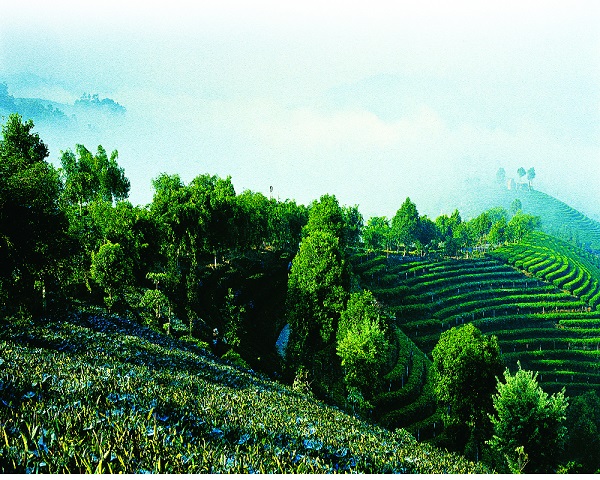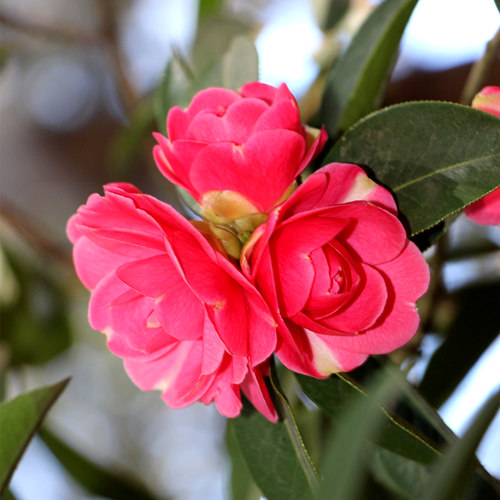
Detailed Introduction to Yuanmou County of Chuxiong Prefecture
Yuanmou County (元谋县) is a historically significant and geologically unique county located in the northeastern part of Chuxiong Yi Autonomous Prefecture, Yunnan Province, China. Famous as the discovery site of China’s earliest human fossil remains—the “Yuanmou Man”—the county holds a special place in Chinese archaeology and human evolution studies. In addition to its prehistoric fame, Yuanmou boasts an arid climate suitable for tropical agriculture, a striking earth forest landscape, and a growing reputation for tourism and agricultural innovation.
Geographical Location and Climate
Location:
Yuanmou lies at the northeastern edge of Chuxiong Prefecture, bordering Sichuan Province to the north and close to major Yunnan cities like Kunming and Panzhihua.
It covers an area of approximately 2,000 square kilometers and sits along a natural corridor between the Yunnan-Guizhou Plateau and the Sichuan Basin, making it strategically located for both scientific and commercial exchange.
Topography and Environment:
Yuanmou is characterized by dry valleys, eroded hills, and badlands-like landforms, particularly in its famous Earth Forest (土林) area.
The Jinsha River, a major tributary of the Yangtze River, flows through its eastern region, providing irrigation and supporting farming.
Climate:
Yuanmou features a hot, dry subtropical climate, making it one of the hottest and driest areas in Yunnan.
Average annual temperature: around 21–23°C
Rainfall: only about 600 mm/year, concentrated in summer
Sunshine: Over 2,700 hours of sunlight annually, which is ideal for growing heat- and light-loving crops such as mangoes and bananas.
Historical Significance: The Yuanmou Man
Yuanmou County is world-renowned for being the site of the oldest known hominid fossils in China:
In 1965, two fossilized human teeth—later named the Yuanmou Man (元谋人)—were discovered in the county.
The remains date back about 1.7 million years, placing them in the early Pleistocene epoch, and represent some of the earliest evidence of human presence in East Asia.
The discovery transformed Yuanmou into a key site in Chinese paleoanthropology, earning it the nickname “The Cradle of Oriental Humans.”
The Yuanmou Man Fossil Site and Museum are now major attractions, drawing scholars, students, and tourists alike.
Economic Overview
Yuanmou’s economy is shaped by its unique geography, climate, and historical value. It relies heavily on agriculture, tourism, and resource development, with growing industrial and service sectors.
1. Agriculture
Despite its dry climate, Yuanmou is an agricultural powerhouse thanks to irrigation and technological innovation:
Tropical Crops: Known for producing mangoes, bananas, pomegranates, dragon fruit, and other tropical fruits on a large scale.
Vegetables and Off-Season Produce: Its warm winters allow Yuanmou to grow winter vegetables such as tomatoes, peppers, and cucumbers, which are exported throughout China.
Irrigation Projects: Advanced water management systems, including reservoirs and drip irrigation, have enabled year-round farming.
2. Tourism
Tourism is a growing sector driven by both natural landscapes and prehistoric significance:
Yuanmou Earth Forest (元谋土林): A surreal geological formation made of eroded clay pillars and canyons, often compared to Bryce Canyon in the U.S.
Yuanmou Man Site: The archaeological site and associated museum are a national-level cultural attraction.
Hot Springs and Scenic Spots: Yuanmou also has hot springs and desert-like areas that attract adventure tourists and nature photographers.
3. Industry and Trade
Processing Industries: Small industries process local agricultural products (e.g., dried fruits, fruit juice, preserved vegetables).
Cross-Provincial Trade: With its proximity to Sichuan, Yuanmou is a distribution hub for fruits and vegetables, leveraging its location on major road and rail corridors.
Ethnic and Cultural Heritage
Yuanmou County is home to multiple ethnic groups, primarily Yi, Han, and Hui populations:
Yi Culture
The Yi people are the largest ethnic minority in Yuanmou and retain strong ties to traditional music, dance, dress, and festivals.
The Torch Festival is widely celebrated, with bonfires, wrestling, and horse racing.
Yi embroidery, folk songs, and drum performances are promoted through schools and cultural centers.
Hui and Han Cultures
The Hui community, following Islamic traditions, contributes to culinary diversity, with halal dishes and Islamic festivals.
The Han Chinese have lon



